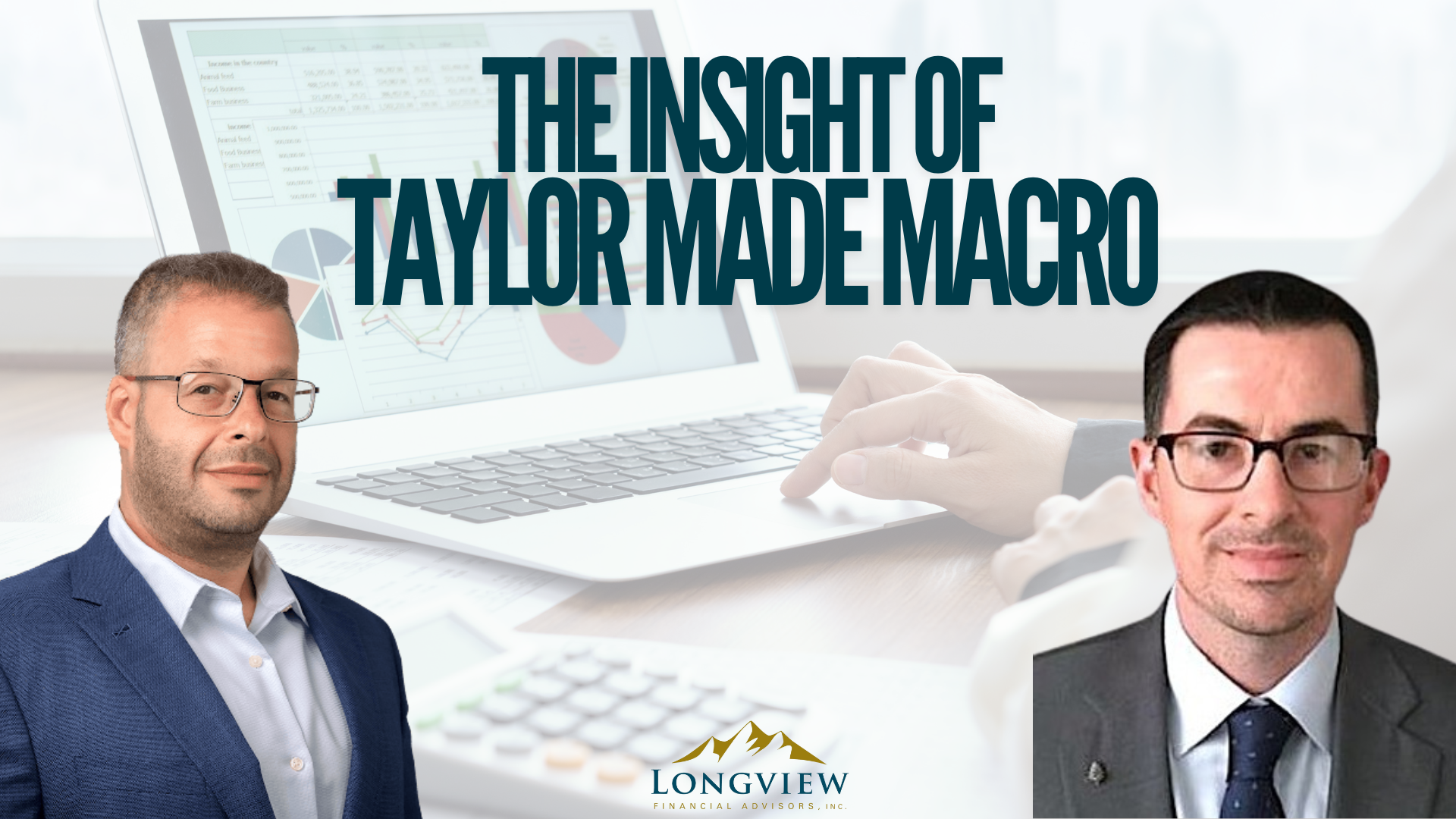
Macro Minute: Week of August 19, 2024
My friend Chase Taylor, of whom I am a paid-up subscriber of his research, has started a new podcast called Taylor Made Macro. At the time of this writing, he has only had three shows so far, but all three have been stellar.
When I saw he was interviewing my other buddy Harris Kupperman – also known as Kuppy – I knew it was going to be great. Taylor’s show is different than most shows in that he is not worrying about what is happening currently in markets, it is all about what gives the guest an edge in their thinking and process.
I have known about and interacted with both Chase and Kuppy the last three to four years and have learned a great deal about markets and investing from both. Here are some of my takeaways from the pod that I will continue to incorporate into my investing:
- Have Fun – The biggest thing that is implicit and never spoken aloud is just how much fun and enjoyment that they both have in what they do. I think this is an underrated character trait. If you are enjoying what you do, even the worst days are not that bad.
- Value is ALWAYS Cheap – There are very few value investors that make money from just buying cheap companies. Boring, dying businesses are always cheap and that is what makes up most of the value indexes/funds. You need to find things that are unloved but are going through a secular change. These tend to be cyclical businesses that have destroyed lots of capitol but something in the industry has changed. “Cyclical businesses going through a secular change.”
- Stay in the trade – Look for the 10x opportunities. If you hit on a few of those multi-baggers it covers for a lot of the misses and mistakes. Aim for the large returns, knowing that volatility is the cost to achieve big returns. Focus on fundamental momentum over price momentum. Jimmy Jude said this when talking about staying in an investment, “if you are taking a train from New York to California, don’t get off in Chicago.” In other words, don’t try and trade all the squiggles on the way to wherever the investment ultimately goes. That is how you miss the trade.
- Sell and then forget it – When you decide to sell, just get out. Take it off the screen and don’t spend mental energy on it. Kuppy said this on when he is done with a trade either good or bad, “I’m done, I have made my money, time to move on.”
- Don’t do small positions – Kuppy invests aiming for large returns with concentrated positions. I am a believer in diversification, but I do like Kuppy’s style in managing a part of your equity allocation in this way. This method requires a large risk tolerance. Allocating a portion of capital to this style makes sense but in the context of a larger portfolio. He expects to have 35% pullbacks in his portfolio. In describing current hedge funds low volatility investing Kuppy said, “If you don’t have 10% pullbacks, you’re not going to have any upside either.”
- Get AWAY – This may be the most difficult and most beneficial thing you can do. If you are staring at the screens all day you feel like you need to do something, and you will make a mistake. Stepping away helps you to form your thoughts without being bombarded with the next incremental data point or email. In the end, it doesn’t really matter except for a few weeks a quarter around earnings time. Kuppy gets out and listens to podcasts away from the office. If something big happens it will already be priced before you could trade it.
I am consistently impressed by Kuppy’s ability to not be sucked into the normal traps of finance. He has an ability to focus on his process and not be influenced by others. His returns have been spectacular, but it is because he has been focused on his process.
Thanks, Chase, for starting this wonderful podcast series and thanks Kuppy for always being open and sharing!
DISCLOSURES:
Please remember that past performance may not be indicative of future results. Different types of investments involve varying degrees of risk, and there can be no assurance that the future performance of any specific investment, investment strategy, or product (including the investments and/or investment strategies recommended or undertaken by Longview Financial Advisors, Inc.), or any non-investment related content, made reference to directly or indirectly in this newsletter will be profitable, equal any corresponding indicated historical performance level(s), be suitable for your portfolio or individual situation, or prove successful. Due to various factors, including changing market conditions and/or applicable laws, the content may no longer be reflective of current opinions or positions. Moreover, you should not assume that any discussion or information contained in this newsletter serves as the receipt of, or as a substitute for, personalized investment advice from Longview Financial Advisors, Inc. To the extent that a reader has any questions regarding the applicability of any specific issue discussed above to his/her individual situation, he/she is encouraged to consult with the professional advisor of his/her choosing. Longview Financial Advisors, Inc. is neither a law firm nor a certified public accounting firm and no portion of the newsletter content should be construed as legal or accounting advice. A copy of the Longview Financial Advisors, Inc.’s current written disclosure statement discussing our advisory services and fees is available upon request.